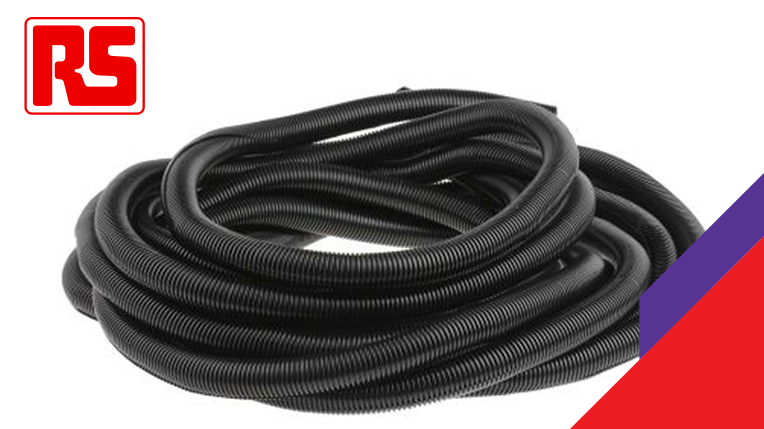Conduits protect and provide a pathway for electrical wiring in a building or structure. They are installed at sites where electrical equipment is installed. The use, form, and installation details are often specified by wiring regulations and building codes. Conduits help protect and secure the wires for your business or commercial establishment. You can find a great range at RS Components.
Conduits can be made up of metal, plastic, or fibre and are classified based on the thickness of the wall.
Types of Conduit
There are two types of conduits.
Metallic conduits
A metallic conduit could be
- Rigid Metal Conduit (RMC) – this is a thick- heavy-walled threaded tubing which frequently made of coated steel, galvanized steel, or aluminium. This is great for outdoor use and structural support.
- Intermediate metal conduit (IMC) – it is thinner and lighter than RMC. It is designed for outdoor use and strength.
- Flexible Metal Conduit (FMC) – often referred to as Greenfield, it is easier to snake through walls. It can be easily twisted and turned and suitable for indoor use – especially for heating and cooling units.
- Electrical Metal Conduit (EMC) – made of galvanized steel or aluminium. It is thin and lightweight. They are easy to install as well.
Non-Metallic Conduit
It is available in rigid and flexible variants and is usually made from PVC. Moisture resistance, corrosion resistance and ease of installation are the most important benefits of a non-metallic conduit.
Advantages of using conduits for your business
Using conduits for your business has several benefits. The most important of them is safety. Some other advantages include:
- Protection from impact, moisture, and chemical vapours – as conduits protect the wires from outside impact, they are less likely to suffer damages due to weather conditions and chemical vapours.
- Nullifies or minimises the risk of electrocution – conduits cover the wires and are often concealed within the walls or structures. This drastically eliminates the chances of electrocution as the wires are not exposed.
- Promotes aesthetic view of interiors as the wirings are concealed – as the different wires and other related paraphernalia are concealed within the wall, the beauty of the interiors are maintained. As there will be no wires or cables jutting out it the overall beauty of the space is maintained.
- Lesser risk of wear and tear – as the wires are not exposed to external elements, the wear and tear suffered is minimal, if not nil.
- Renovation of the wiring is easier – as wires run through the conduits, replacing the wires or renovating them is easier.
Why are conduits important?
Conduits are important for your business not only from the safety perspective but also from the legal perspective. Most countries have set standards for the use, form, and installation of conduits. Any failure to meet the regulation could prove costly in more ways than one. All kinds of conduits have a maximum allowable fill percentage, which should be adhered to.
Most utility companies would suggest you install a conduit at the service entrance of your commercial operations to ensure a strong and safe installation to protect the wiring. Whatever the type of conduit that you are looking for your business – rigid or flexible, metallic or non-metallic, this information is the correct first step in choosing one that’s right for your business.

